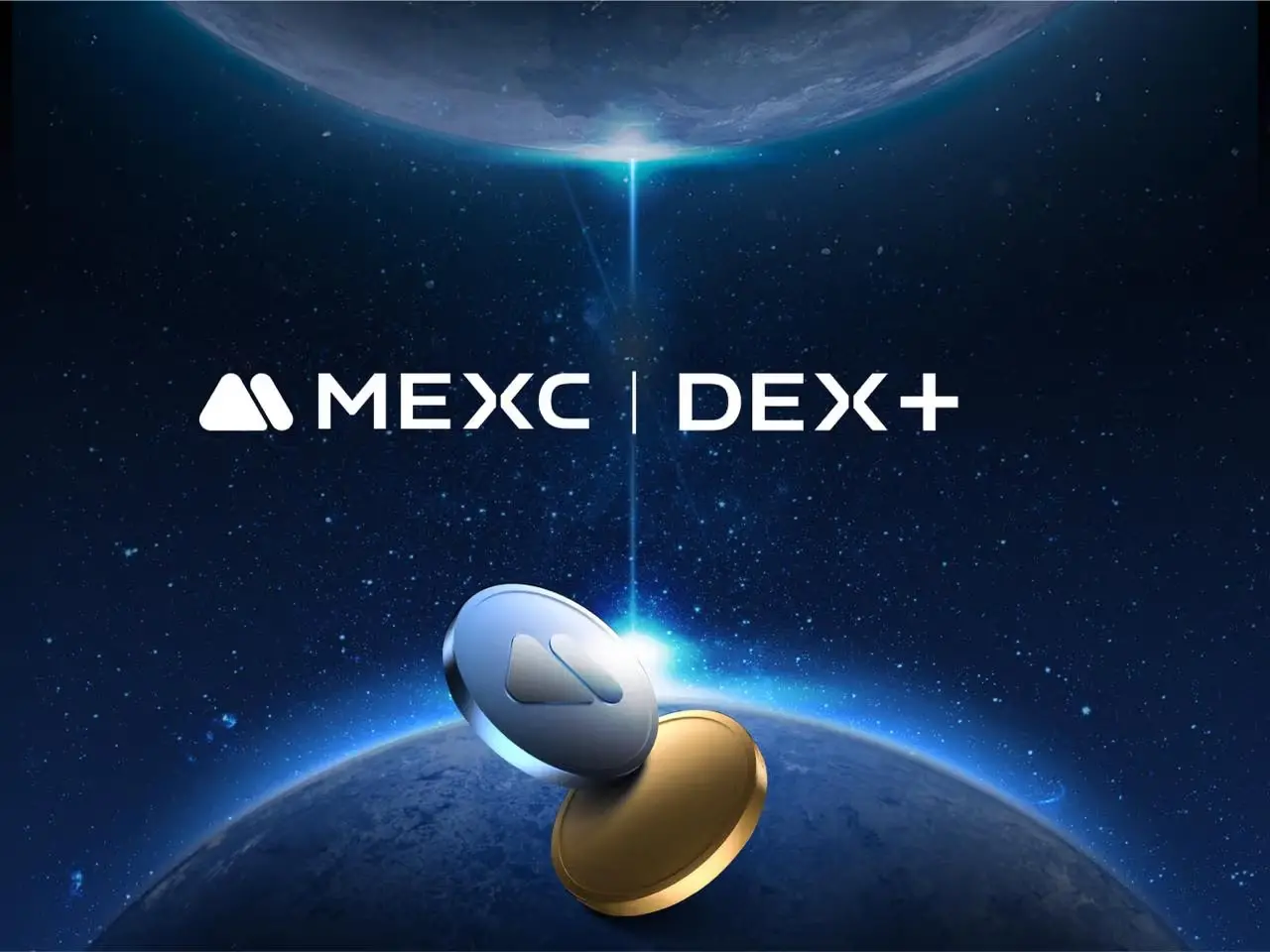Solana launches the SPL token standard, featuring 13 new functions, aimed at amplifying the B-end market?
Original | Odaily Planet Daily
Author | Nan Zhi
The Solana Foundation has announced the launch of a new standard for network SPL tokens called "Token Extensions." Token Extensions is the next generation of Solana's program library standards, designed to help enterprises provide more efficient security and compliance services on the Solana network, offering flexible and secure tools for digital and RWA assets on Solana.
Token Extensions introduces a set of new methods to extend the functionality of conventional tokens. The initial token standard introduced basic functions such as transferring, freezing, and minting tokens, while Token Extensions includes the same functions but also adds features like privacy transfers, custom transfer logic, and extended metadata. They unlock new capabilities for businesses and developers, which were previously impossible to achieve on public chains in some cases.
Solana stated that crypto service companies Paxos and stablecoin issuer GMO-Z.com Trust Company have already adopted Solana's Token Extensions to issue stablecoins.
What Features Do Token Extensions Bring?
According to Solana's documentation, there are a total of 13 Token Extensions, with specific functions and official recommended use cases summarized by Odaily Planet Daily based on the promotional documents and technical manuals as follows:
Privacy Transfer: Protects the confidentiality of user balances during transfers while hiding transaction amounts. Used for on-chain payments, B2B payments, treasury management, etc.
Transfer Hook: Token issuers control which wallets can interact with their tokens and how tokens and users interact. Used for KYC verification, token usage restrictions, mandatory royalties, etc.
Transfer Fees: Protocol-level charging capability. Used for permanent royalties, transaction fees, etc.
Metadata Pointer: Establishes a verifiable link between tokens and metadata. Used for token verification, asset distribution, etc.
Permanent Authorization: Allows programs to have irrevocable permissions over tokens. Used for automatic subscription services, updating RWA (data) to reflect reality, and freezing and seizing stablecoins according to compliance requirements.
Metadata: Allows metadata to coordinate natively with consumption scenarios.
Default Account Status: Configures and enforces token account permissions. Used for KYC verification, etc.
Non-transferability: Token ownership cannot be changed except by the issuer. Used for managing external databases, non-transferable NFTs, or other assets.
Mandatory Transfer Notes: Notes must be attached during transfers. Used for compliance, reporting, audit trails, etc.
CPI Protection: Restricts the ways other programs can interact with Token Extensions tokens by prohibiting certain operations in cross-program invocations.
Yield-bearing Tokens: Allows interest to be set and displayed within tokens.
Immutable Owner: Account ownership cannot be changed.
Closes minting permissions.
Why Are Token Extensions Needed?
Solana stated that Token Extensions can be seen as a series of options and features built into the latest Solana token program. Token issuers, including game developers and programmable token issuers, can combine and choose to enable any Token Extensions to gain advanced functionalities that were previously unattainable on public chains.
Flexibility: Token Extensions provide native support for enterprise-level features without the need for additional tools or external protocol adoption. There is also no need to face the complexities of developing, auditing, and deploying custom token contracts.
Low Risk: Using audited and tested Token Extensions can reduce attack vectors and help protect protocols and funds, achieving enterprise-level security and reliability.
Reduced Testing Costs: Since Token Extensions are added simply by specifying extensions in the code, the likelihood of defects and human errors is greatly reduced, saving testing time and costs.
Reduced Development Time: Because extensions are unified and reusable, the time required to develop applications using extensions is significantly decreased.
Amira Valliani, Policy Director of the Solana Foundation, stated: "An increasing number of enterprises are interested in the benefits of blockchain but want to ensure that they adopt this technology in a responsible manner that aligns with their internal compliance processes. One of the many benefits of token extensions is that it simplifies these processes. Extensions like transfer hooks, privacy transfers, and permanent authorizations make compliance obligations easier, ensuring that companies do not have to spend resources customizing smart contracts to implement their compliance frameworks."
Technical Use Cases
Solana's announcement claims that some stablecoin issuers using Solana have already begun to apply Token Extensions. For example, Paxos recently utilized permanent authorization, metadata pointers, transfer hooks, and more to build their USDP stablecoin. GMO Trust announced the launch of the first regulated yen stablecoin and their own dollar stablecoin on the Solana network, using permanent authorization, default account status, and metadata pointers. Currently, Phantom, Solflare, and Fluxbeam all support Token Extensions. Additionally, Token Extensions are applicable not only for building more advanced stablecoins but also for game asset upgrades, RWA asset issuance, and governance, among other areas.










